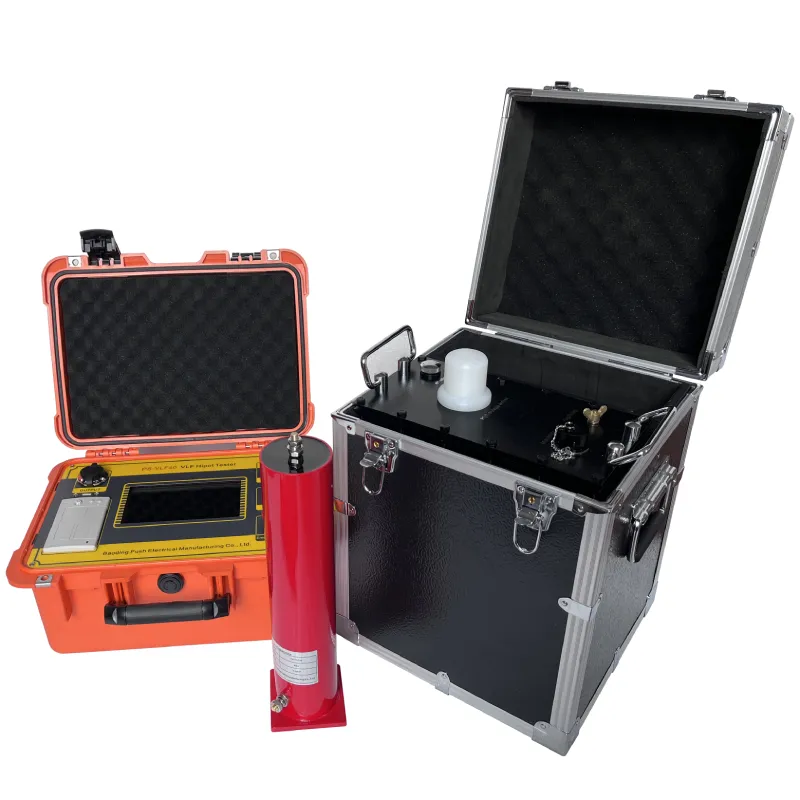 English
English



-
 Afrikaans
Afrikaans -
 Albanian
Albanian -
 Amharic
Amharic -
 Arabic
Arabic -
 Armenian
Armenian -
 Azerbaijani
Azerbaijani -
 Basque
Basque -
 Belarusian
Belarusian -
 Bengali
Bengali -
 Bosnian
Bosnian -
 Bulgarian
Bulgarian -
 Catalan
Catalan -
 Cebuano
Cebuano -
 China
China -
 China (Taiwan)
China (Taiwan) -
 Corsican
Corsican -
 Croatian
Croatian -
 Czech
Czech -
 Danish
Danish -
 Dutch
Dutch -
 English
English -
 Esperanto
Esperanto -
 Estonian
Estonian -
 Finnish
Finnish -
 French
French -
 Frisian
Frisian -
 Galician
Galician -
 Georgian
Georgian -
 German
German -
 Greek
Greek -
 Gujarati
Gujarati -
 Haitian Creole
Haitian Creole -
 hausa
hausa -
 hawaiian
hawaiian -
 Hebrew
Hebrew -
 Hindi
Hindi -
 Miao
Miao -
 Hungarian
Hungarian -
 Icelandic
Icelandic -
 igbo
igbo -
 Indonesian
Indonesian -
 irish
irish -
 Italian
Italian -
 Japanese
Japanese -
 Javanese
Javanese -
 Kannada
Kannada -
 kazakh
kazakh -
 Khmer
Khmer -
 Rwandese
Rwandese -
 Korean
Korean -
 Kurdish
Kurdish -
 Kyrgyz
Kyrgyz -
 Lao
Lao -
 Latin
Latin -
 Latvian
Latvian -
 Lithuanian
Lithuanian -
 Luxembourgish
Luxembourgish -
 Macedonian
Macedonian -
 Malgashi
Malgashi -
 Malay
Malay -
 Malayalam
Malayalam -
 Maltese
Maltese -
 Maori
Maori -
 Marathi
Marathi -
 Mongolian
Mongolian -
 Myanmar
Myanmar -
 Nepali
Nepali -
 Norwegian
Norwegian -
 Norwegian
Norwegian -
 Occitan
Occitan -
 Pashto
Pashto -
 Persian
Persian -
 Polish
Polish -
 Portuguese
Portuguese -
 Punjabi
Punjabi -
 Romanian
Romanian -
 Russian
Russian -
 Samoan
Samoan -
 Scottish Gaelic
Scottish Gaelic -
 Serbian
Serbian -
 Sesotho
Sesotho -
 Shona
Shona -
 Sindhi
Sindhi -
 Sinhala
Sinhala -
 Slovak
Slovak -
 Slovenian
Slovenian -
 Somali
Somali -
 Spanish
Spanish -
 Sundanese
Sundanese -
 Swahili
Swahili -
 Swedish
Swedish -
 Tagalog
Tagalog -
 Tajik
Tajik -
 Tamil
Tamil -
 Tatar
Tatar -
 Telugu
Telugu -
 Thai
Thai -
 Turkish
Turkish -
 Turkmen
Turkmen -
 Ukrainian
Ukrainian -
 Urdu
Urdu -
 Uighur
Uighur -
 Uzbek
Uzbek -
 Vietnamese
Vietnamese -
 Welsh
Welsh -
 Bantu
Bantu -
 Yiddish
Yiddish -
 Yoruba
Yoruba -
 Zulu
Zulu
dielectric strength tester
The Importance of Dielectric Strength Testers in Electrical Safety
In today’s technologically driven world, electrical safety is paramount. Among the myriad of tests conducted to ensure the reliability and safety of electrical equipment, dielectric strength testing stands out as a crucial procedure. This testing method assesses the ability of insulating materials to withstand high voltage without failing, thus preventing electrical breakdowns that could lead to catastrophic failures.
What is Dielectric Strength?
Dielectric strength is defined as the maximum electric field that a material can withstand without experiencing failure or breakdown. This property is critical in the design and production of electrical components, where insulation must protect both the equipment and users from potentially deadly shocks. Essentially, dielectric strength determines how much voltage a material can endure before it becomes conductive.
How Does a Dielectric Strength Tester Work?
A dielectric strength tester is an instrument designed specifically for measuring the dielectric strength of various materials
. The testing process involves applying a high voltage across the insulation under standard conditions. This voltage is gradually increased until the insulation material fails, and the voltage at which this breakdown occurs is recorded. The tester then provides a value in volts per unit thickness, usually volts per millimeter (V/mm) or volts per mil (V/mil).There are two primary methods for performing dielectric strength tests the breakdown method and the leakage current method. The breakdown method is the more traditional approach, involving the application of increasing voltage until the material breaks down. In contrast, the leakage current method measures the current that flows through the insulating material under a constant applied voltage, providing insights into the material's integrity.
dielectric strength tester

Applications of Dielectric Strength Testing
Dielectric strength testers are used in a variety of sectors, including electrical, automotive, aerospace, and consumer electronics. In the electrical industry, testing is vital for ensuring the safety and reliability of high-voltage cables, transformers, and switches. In automotive applications, it is used to test components like batteries and circuit control systems that require robust insulation to prevent failures during operation.
Moreover, dielectric strength testing is essential in compliance with international safety standards. Many organizations, including IEC (International Electrotechnical Commission) and ASTM (American Society for Testing and Materials), have established specific guidelines that dictate the minimum dielectric strength for different materials used in electrical applications.
Importance of Regular Testing
Conducting regular dielectric strength tests is essential for maintaining the integrity of electrical systems. Over time, insulating materials can degrade due to factors such as thermal stress, moisture, chemical exposure, and mechanical wear. These conditions can significantly reduce a material’s dielectric strength, increasing the risk of failure. Therefore, routine testing not only enhances the reliability of electrical systems but also extends their lifespan, offering long-term cost savings.
Conclusion
In summary, dielectric strength testers play a crucial role in ensuring the safety and reliability of electrical equipment. By assessing the dielectric strength of insulating materials, these testers help prevent electrical failures, contribute to regulatory compliance, and maintain overall system integrity. As technology continues to evolve and the demand for more advanced electrical systems increases, the importance of dielectric strength testing will only grow. Investing in quality testing equipment and establishing regular testing protocols is essential for any organization that prioritizes safety and performance in its electrical applications.
-
Ensuring SF₆ Gas Safety: Introducing PUSH’s Integrated SF₆ Analyzer for Dew Point, Purity, and Decomposition MonitoringNewsJul.10,2025
-
Exploring the Main Types of Industrial Endoscopes and Their Applications Across IndustriesNewsJul.04,2025
-
Testing Equipment Industry Sees Major Advancements in 2025: Smart & Precision Technologies Lead the WayNewsJun.06,2025
-
Applications of Direct Current Generators in Renewable Energy SystemsNewsJun.05,2025
-
Hipot Tester Calibration and Accuracy GuidelinesNewsJun.05,2025
-
Digital Circuit Breaker Analyzer Features and BenefitsNewsJun.05,2025



